Tales From the Magic Skagit: Roll Away the Stone — The Story of Underground Ministries
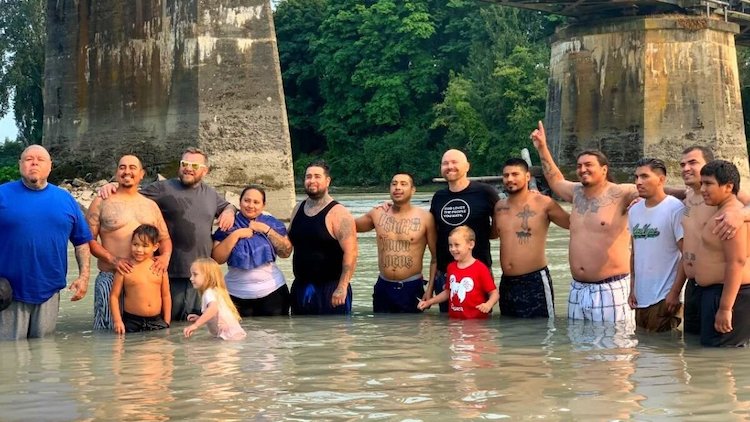
Tomorrow is Thanksgiving, and as has been the case for me over the years, along with savoring my anticipation of a family feast as though it was a glass of fine claret, I’m also looking back over the past year at the many reasons I have to be thankful.
We have all been living through, if I may dare to paraphrase the great American Patriot, Thomas Paine, “times that try our souls.” Not all of us have remained unscathed, and those who have certainly have much to be thankful for in this Year of Our Lord 2021. Among the things I think we’ve all learned to more deeply appreciate is the power of being in a community — and how we feel its absence when we are unable to fully interact with other human beings, whether family, friends, congregation members, classmates, co-workers, or just the person sitting next to us at the breakfast counter of a local cafe.
At Meyer Sign, we have been saddened by the loss of a dear friend and co-worker this year, but we are grateful for the contributions he made to our success over the many years he was with us. We are thankful for the fact that during the most economically challenging periods of the pandemic our business has been solid, and our customers have remained largely healthy and whole. And we are certainly thankful for the community we’ve developed around our Facebook presence and stories of life in the Magic Skagit, such as the one you’re currently reading.
As we thought about how to express our collective thanks as a company, we were presented with a wonderful and unique way of sharing our gratitude beyond social media reach. Skagit Publishing is producing a special Thanksgiving Day insert in several area newspapers highlighting the work of local non-profit organizations. Titled, “A Time for Thanks and Giving,” it is, to quote Skagit Publishing, “…a way of bringing awareness to our local non-profits…and provide our readers an opportunity to learn how their gifts impact the lives of friends and neighbors throughout the Skagit Valley and the Stanwood Camano communities.”
In seeking business community support for its “Giving Guide,” Skagit Publishing made it possible for for-profit enterprises to sponsor a non-profit of their choosing. Out of all the tremendously worthwhile charities that we know of in the Skagit Valley (and there are so many more we now know of, thanks to Skagit Publishing!), we are proud to have chosen one with a unique mission of healing: Underground Ministries.

Underground Ministries’ stated mission cuts straight to the chase: “Underground Ministries opens new relationships of embrace and trust between the incarcerated and the communities to which they return—for our mutual transformation and resurrection.” What started out as a prison ministry has evolved into a program that helps formerly incarcerated individuals re-connect with the community they offended through the support of people within that community. It does this through a unique program in which faith congregations walk with people released from jail as they go through the challenging process or re-integrating with society on the other side of the prison bars.
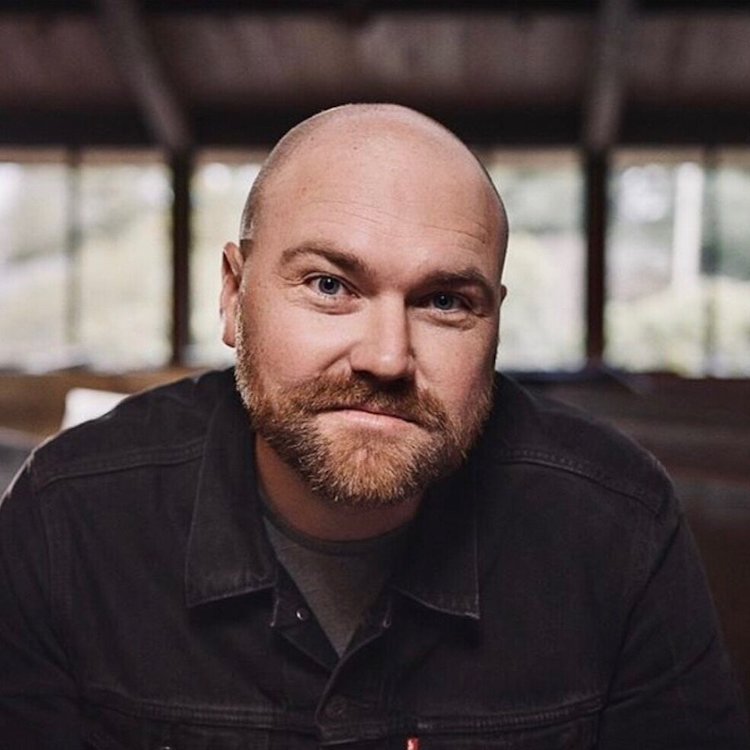
The founder and executive director of Underground Ministries, Chris Hoke, was a volunteer chaplain in the Skagit County Jail and Juvenile detention for twelve years, pastoring mainly gang-affected young men. When he saw how hard it was to “re-enter” after long prison sentences, he started building a local “Underground Railroad” with churches and businesses.
As Chris recently explained to me, “Men and women are released from society’s ‘tombs’ of jail and prison in Skagit County every day. But they remain disconnected from positive housing, jobs and community, stuck in a legal ‘underground.’ We are building a ‘department of connections’ with faith communities and businesses, where returning citizens can resurrect out of the mass incarceration cycle, rebuilding thriving lives in community together.”
Today, Underground Ministries is mobilizing churches across western Washington to be re-entry teams through its “One Parish One Prisoner” program, in which a church builds a relationship with someone in prison through a year of letter writing and release planning, and learns how to accompany their new friend through the many obstacles to their re-entry.
With five employees, six volunteer employers, and 28 “One Parish One Prisoner” teams in Washington, Underground Ministries oversee more than 150 individual volunteers who are helping men leave the gang lifestyle, not go back to prison, become fathers, employees, church members and leaders in our community. Organization services include pastoral care, release planning, housing applications, rental support, assistance in regaining driver’s licenses, navigating legal obligations like court and probation, drug and alcohol treatment, mental health services, access to supportive jobs through Underground Employment, paying off old legal debt, and building new pro-social support systems with their families, faith communities and community colleges.
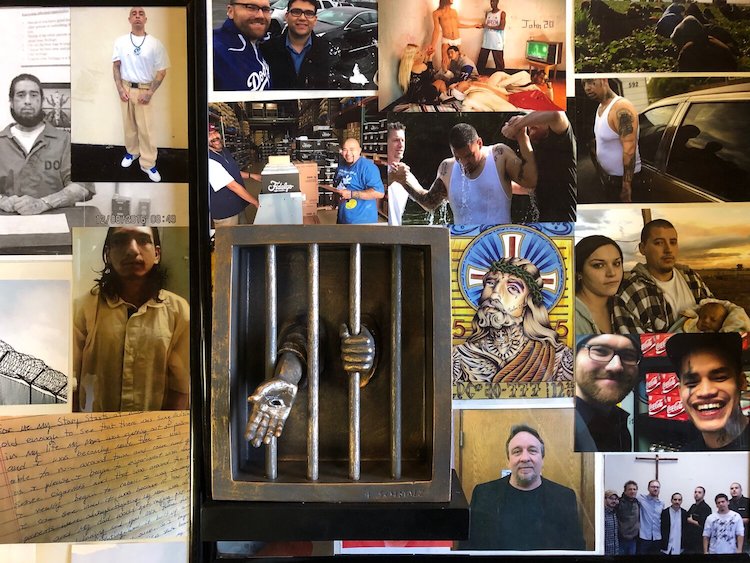
As a person of faith, I appreciate the fact that Underground Ministries is clearly anchored in the gospel message. I say this as a Christian, but I think its mission would resonate with me regardless of the faith I practice. What speaks to me in particular is the how the gospel story of Lazarus informs Underground Ministries’ vision. Its website draws on this analogy more profoundly than I could hope to communicate, and I quote:
We build relationships, incarnating the kind of love we see in Jesus, friend of sinners and outcasts, who wept over Lazarus in the tomb before he raised him from the dead. We are inspired by how Jesus not only spoke life into the underground, but then called a larger community closer—to help roll away the massive stone barrier between the living and the dead. So the beloved could join the land of the living.
And so we build relationships with employers, churches, lawyers, families, correctional facilities and neighbors. Why? So we can, together, creatively move through prison walls, roll away prisoner debt, and open new opportunities. As we open these new relationships of embrace and trust, the change is mutual. Formerly incarcerated men and women are learning a new way, for sure. But so are business owners, churches, parents, and landlords. These new relationships turn us (“on the outs”) into the kinds of people, and communities, God has called us to be. As we both risk shedding our defenses—mainstream and underground alike—we discover our purpose together, the life of the world to come.
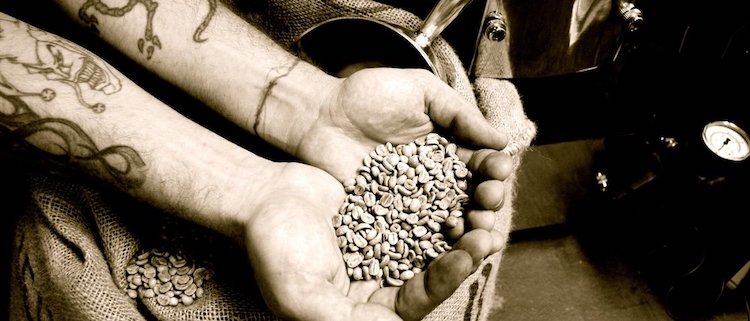
I first became aware of Underground Ministries because of a stroll through the Mount Vernon Farmer’s Market with my wife. There was a stand there with freshly roasted coffee from a source known as Underground Coffee. In talking with the friendly young man offering samples, who was on his own journey of recovery, I learned that Underground Coffee was a partnership with Underground Ministries and Fidalgo Coffee Roasters, whose brews I have long admired and enjoyed. Through this collaboration, people who may have served time in prison for cooking meth can now “earn straight” by roasting coffee — thereby applying “transferable skills” from the streets. Former gang members are now employees who roast, weigh, bag, and deliver a different product—fresh, single-origin, boutique-roast coffee—to homes, churches, and businesses across the country. A portion of all sales go to fuel Underground Ministries’ work accompanying these individuals in their jury of re-entry. (Here is a link to a video I recorded a number of years ago on my Farmers’ Market encounter with “Light in the Darkness”).
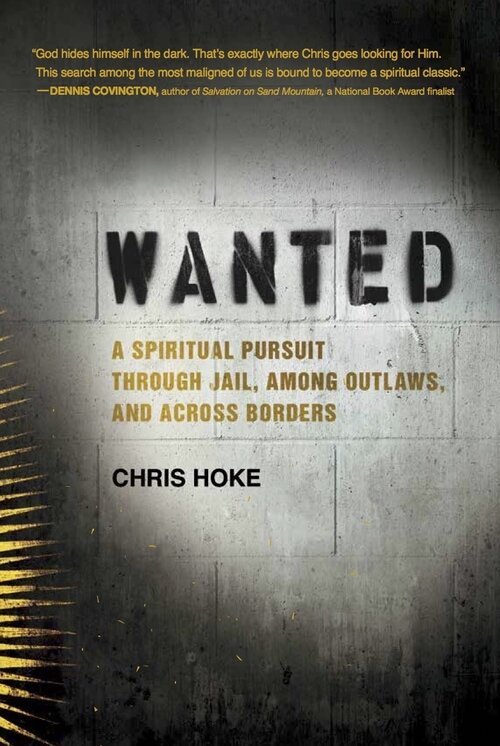
After having discovered Underground Ministries through my love of good coffee, I read the book Chris Hoke published about his experience in prison ministry, and in particular with pastoring returning gang members intent on not becoming another recidivism statistic. The book is called “Wanted,” and is a powerful insight into the spiritual process of redemption as well as an inspirational example of how communities can heal themselves by “rolling away the stone” and resurrecting those who have offended it in the past.
If all this seems like woolly headed naivety, it is actually stone cold pragmatic. If you can assemble a team around an “offender” who has committed to returning to society as a productive member, you’ve now broken the chain of recidivism that can only be seen as a benefit to a for-profit incarceration system. You can see that statement as an exercise in “political correctness,” but it just seems like common sense to me. As for the potential for a program such as One Parish One Prisoner, part of Chris Hoke’s initial inspiration was his discovery that there are as many churches in the state of Washington as there are incarcerated individuals. Give that a moment to sink in.
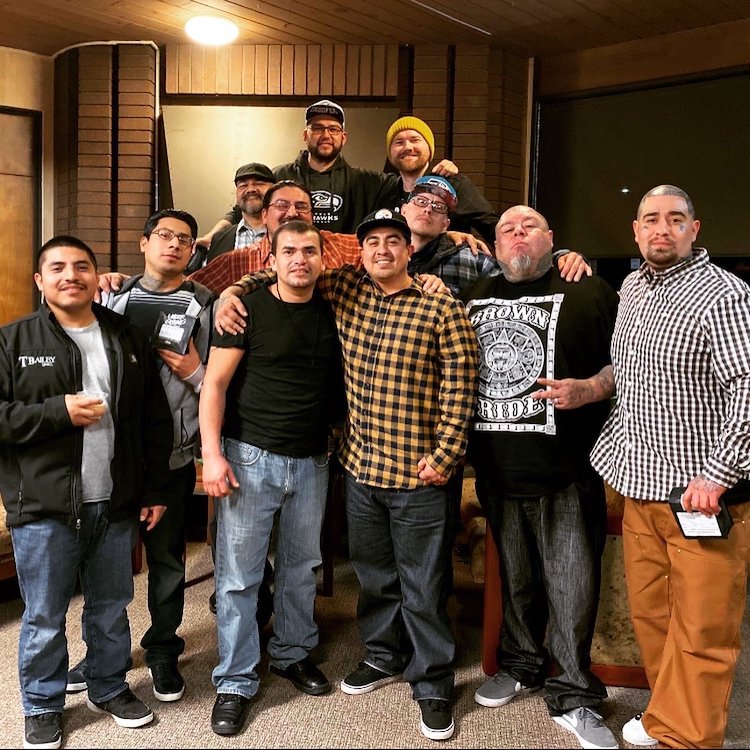
As it turns out, Meyer Sign is in good company in recognizing the mission of Underground Ministries. A look at the non-profit’s advisory board reveals the participation of folks such as Father Greg Boyle, the founder of Homeboy Industries in Los Angeles and author of “Tattoos on the Heart,” a former Seattle mayor, an associate superintendent in the Washington Department of Corrections, along with pastors and attorneys — all of whom endorse the vision of Underground Ministries of “emptying the tombs of mass incarceration together.”
To which, brothers and sisters, I say “amen” and give thanks. I give thanks as well for being part of a company that, when asked to sponsor a worthwhile non-profit doing good work in our community, did not hesitate to say “yes.” For me, Meyer Sign will always serve as an example of “doing well by doing good” — which I guess leads us back to the gospel message behind this season of gratitude.
Have a very fulfilling Thanksgiving Day, friends and followers of Meyer Sign. God bless you and yours!